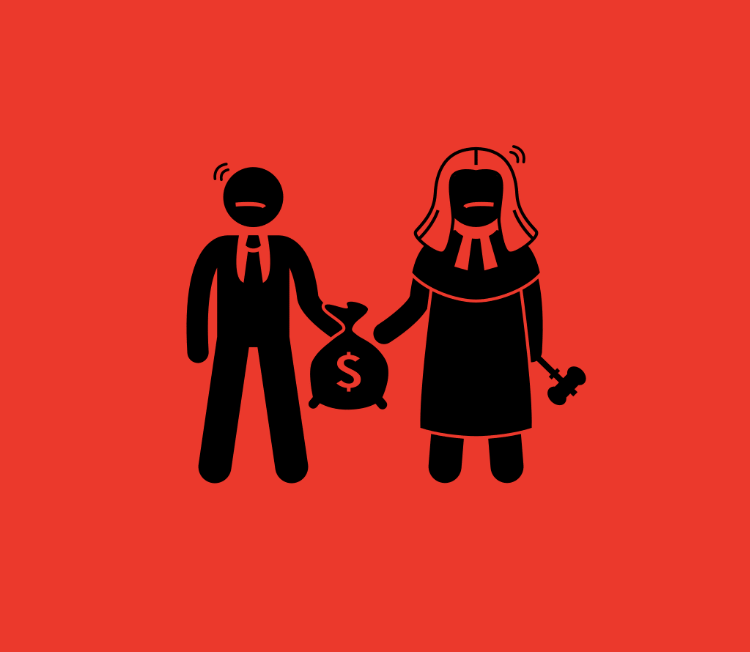The general understanding of corruption is when a person acts in his public office contrary to the demands of that particular office. Government officers provide services offered by the Government for our benefit. Sometimes some of these officers ask for “facilitation” and “tea” to assist us to get or obtain a service. This is a form of corruption which must be reported. These officers are paid salaries to provide services to us.
Corruption is, among other things, when:
- A public official accepts or asks anything of a monetary value or any other form for that official to act or not act in the execution of his or her public functions.
- A public official is offered or granted anything of a monetary value or any other form of gratification for him or her to act or not to act in his or her public office.
- A person offers, gives, asks or accepts any undue advantage from someone with a promise that he or she can apply undue influence to another person to act in a particular way.
- A person acquires by fraud, uses or conceals property derived by the above mentioned means.
- A person participates as a principal, agent, instigator, accomplice or accessory in the commission of the above-mentioned acts.
- A person acts in any way to illicitly obtain benefits for himself or herself or a third party, or a person neglects his or her duty.
- Corruption takes several forms. Some of these include;
- Bribery: This is when a person offers any form of gratification to a public officer for that officer to favor him or her in a particular way.
- Nepotism: This is when a person seeks to act in a particular public office to only favor people he or she is related to by blood.
- Sectarianism: This is when a person seeks to act in a public office to only favor people of a particular race, religion or sect.
- Embezzlement: This is when a person steals or misappropriates the property of his or her employer for other use save the official use of that particular property.
- Diversion of Public Resources: This is when a person uses public funds for purposes that were not intended to benefit himself or herself.
It should be noted that corruption in any form is prohibited and is a crime. The public is advised to report corrupt public officials. The public is also advised not to give bribes to public officers.
There are several institutions to which acts of corruption can be reported:
Inspectorate of Government
This is an institution established by the Constitution. It’s primary responsibility is to eliminate corruption, abuse of authority and public office. The Constitution also bestows several powers to the Inspectorate of Government, which include to; investigate or cause investigation, arrest or cause arrest, prosecute or cause prosecution, make orders and give directions during investigations; access and search, enter and inspect premises or property or search a person or bank account or safe deposit box, among others.
The Inspectorate of Government has several offices across the country in Kampala, Kabaale, Gulu, Arua, Hoima, Jinja, Masaka, Moroto. Information on how to contact the Inspectorate of Government is provided in Chapter 7.
Judicial Service Commission
If you have you been asked for a bribe by the Police; Prisons; Prosecutors; and Magistrate or Judge, please report the case to the Judicial Service Commission. You can also report to the following institutions:
- Office of the Director of Public Prosecution
- The Judiciary – Inspectorate of Courts
- The Uganda Police Force
- Civil Society Organisations (CSOs)
There are several CSOs that work to eradicate corruption such as the Anti-Corruption Coalition Uganda (ACCU). ACCU brings together like-minded entities and individual actors whose preoccupation is publicizing, exposing and advocating for holding back corruption in Uganda to create an accountable and corruption-free society.
Contact:
The Anti-Corruption Coalition Uganda (ACCU) Plot 9B Vubya Road, Ntind
Tel No. +256-414-535659
E-mail: info@accu.or.ug
Website: www.accu.or.ug











